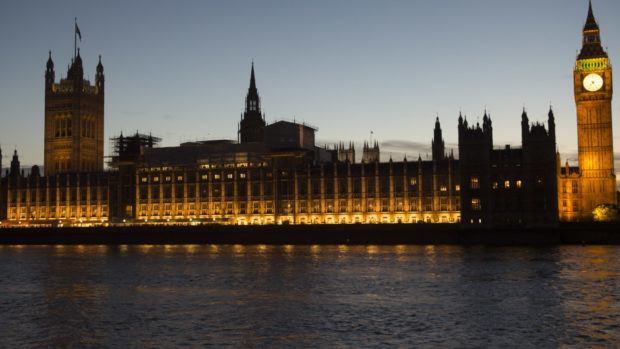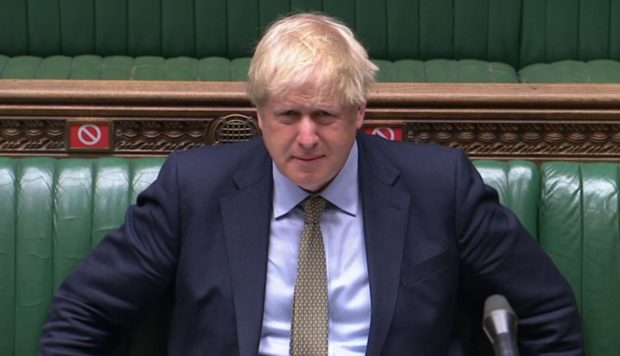UK ministers will today table a plan to invest directly in Scotland following the end of the Brexit transition period, potentially sidelining Holyrood.
Under the proposals, the Westminster government will have the power to give cash directly to Scottish councils, fund infrastructure projects, cultural and sporting events and educational facilities.
The move is a controversial one as under the devolution settlement the Scottish Parliament has for more than 20 years made spending decisions in these areas.
By granting local councils and MPs the ability to go over the head of Holyrood and appeal to Westminster for cash, it has set up the prospect of future clashes between the Scottish and UK governments over priorities.
An SNP source said: “The Tory power grab bill represents the biggest threat to devolution in decades, and would enable Westminster to overrule the democratic will of the Scottish Parliament.
“This is the same broken bill that has already been decisively rejected by Scotland’s national parliament but Boris Johnson is trying to railroad it through anyway to undermine devolution and impose an extreme Brexit against Scotland’s will.”
A Whitehall source, responding to the comments, said: “The UK government will be empowered to make investments in Scotland, Wales and Northern Ireland. This does not stop the Scottish Government from investing in whatever they want to invest in.
“When the SNP say this is a power grab, I don’t know what powers we’re grabbing. They will have even more powers. MSPs will have more say than they ever had before. It is a power surge for Scotland and a double win for communities.
“The people of Scotland have two governments, both of them represent the people of Scotland and it’s right that the UK Government and UK Parliament should be able to decide how British taxpayers’ money is spent.”
A Downing Street source added: “Devolution isn’t a one-way ticket to separation. The whole point about having a central government, devolved administrations and local authorities is that you have a discussion and there’s choices about spending and policy.”

